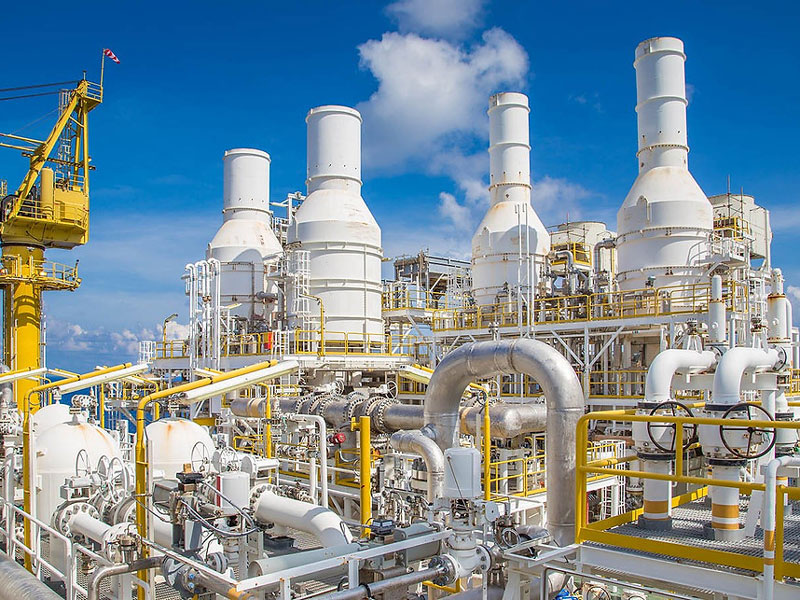Piping Engineering Course in Mumbai is a specialized mechanical discipline focused on the planning, design, and development of piping systems and plant layouts for industries such as oil & gas, chemicals, and petrochemicals. Professionals in this domain work on optimizing plant layouts, ensuring accurate equipment placement, and creating safe, efficient piping networks that comply with regulatory and performance standards.
This career path requires strong technical expertise, attention to detail, and adherence to international codes and best practices. With the rapid growth of industrial infrastructure worldwide, skilled piping engineers are in high demand across leading global engineering firms, offering excellent career opportunities for trained professionals
Field Scope & Importance
- Piping Engineering specializes in designing industrial piping systems.
- Essential for chemical, petrochemical, and hydrocarbon facilities.
- Engineers plan equipment placement and piping networks.
- Designs follow global safety codes and standards.
- Ensures reliable and secure plant performance.
- High career opportunities across global industries.
Eligibility
- Fresh/Experienced, Degree/Diploma Mechanical Engineers
- Fresh/Experienced, Degree/Diploma Chemical Engineers
- Fresh/Experienced, Degree/Diploma Production Engineers
Working Steps for Piping Engineering

Process Understanding
Analyze P&ID and process flow diagrams to understand system requirements and routing needs.

Layout & Design
Develop piping layouts using 2D/3D tools, ensuring optimal space usage, accessibility, and safety.

Stress Analysis
Perform pipe stress calculations to evaluate system behavior under thermal and mechanical loads.

Documentation & QA
Generate isometric drawings, BOMs, and ensure design meets industry codes and client standards.
Curriculum
- Introduction
- Piping Fundamental
- ASME Codes & Standard
- Types of Pipes, Types of Joints , Type of Weld , Type Of End Connections.
- Types of Fittings
- Special Fittings
- Types Of Flanges
- Types Of Flange Facing
- Valves
- Branch Connection
- Static & Rotary Equipment
- Process Study
- Terms, Drawings & Layout
- Piping Isometrics
- Pipe Supports
- Materials
Core Function of Piping Engineering

Industry-Relevant Skills
Learn to design efficient piping systems used in oil, gas, chemical, and power industries.

Plant Layout Planning
Master the art of placing equipment and process units for optimal plant performance.

Code Compliance
Understand and effectively apply global standards like ASME, ANSI, and API for safe operations

Software Proficiency
Gain hands-on experience with Tools like SP3D, E3D, Caesar, Auto plant 3D and AutoCAD for design & Analysis.

Real-World Application
Work on real-world case studies and live projects to bridge theory with industry practice and expertise.

Global Career Opportunities
Enter a high-demand field with career prospects across engineering and EPC firms worldwide.
Ready to become a piping design expert? A Piping Engineering Course in Mumbai at Trinkets Institute of Technology (TIT) equips you with the skills to design, analyze, and optimize piping systems for industries like oil, gas, and petrochemicals. Mumbai, India’s industrial powerhouse, is the ideal location for a Piping Engineering Course in Mumbai, offering unmatched opportunities to thrive in a high-demand field. This article explores why TIT’s course is a career-transforming choice, what you’ll learn, and how it prepares you for success in the global engineering landscape.
Why Choose a Piping Engineering Course in Mumbai?
Driving Industrial Excellence
Piping engineering is the backbone of process industries, ensuring safe and efficient transport of fluids in plants like refineries and chemical facilities. Mumbai’s industrial giants, such as Reliance Industries, ONGC, and L&T Hydrocarbon, seek skilled piping engineers to deliver robust designs. TIT’s Piping Engineering Course in Mumbai trains you to create piping layouts, perform stress analysis, and ensure compliance with global standards, positioning you as a top candidate for high-impact roles in EPC firms.
Mumbai’s Industrial Hub
Mumbai’s proximity to refineries, power plants, and major infrastructure projects makes it perfect for a Piping Engineering Course in Mumbai. TIT’s Mulund campus immerses you in this dynamic ecosystem, providing hands-on experience and access to thriving job markets. From green energy projects to petrochemical expansions, Mumbai offers the ideal platform to launch your career.
What You’ll Learn in TIT’s Piping Engineering Course 3 to 6 Months
Comprehensive Curriculum
TIT’s Piping Engineering Course in Mumbai delivers a focused curriculum over 3 to 6 months, with flexible weekday, weekend, or online batches. Designed for beginners and professionals, the course covers:
Piping Design Basics: Master piping layouts, P&IDs, and isometric drawings.
Software Proficiency: Learn tools like AutoCAD, PDMS, and CAESAR II for design and analysis.
Stress Analysis: Perform thermal, pressure, and seismic load calculations per ASME B31.3.
Material Selection: Choose materials for corrosion resistance and durability.
Project Execution: Generate fabrication drawings and bills of materials (BOMs).
Through hands-on projects, like designing a piping system for a refinery, you’ll gain practical expertise. The course aligns with TIT’s MicroStation Course in Mumbai, enabling you to create precise 2D and 3D piping models for enhanced project deliverables.
Industry-Focused Training
With small batches of 10 students, TIT ensures personalized instruction from expert instructors. You’ll tackle real-world challenges, such as optimizing piping routes for a chemical plant, preparing you to meet industry standards like API and ISO with precision. Exposure to BIM tools ensures you’re ready for modern, integrated workflows.


